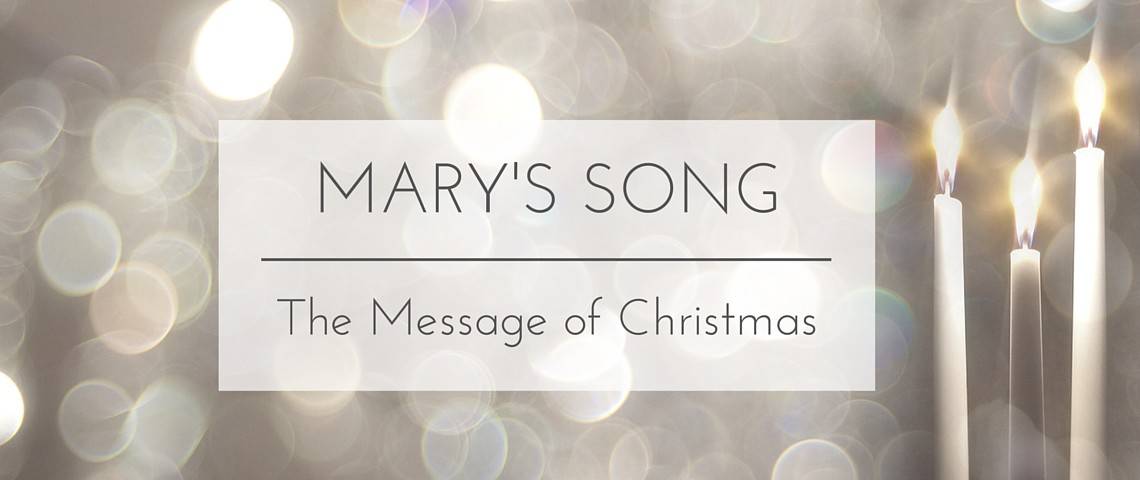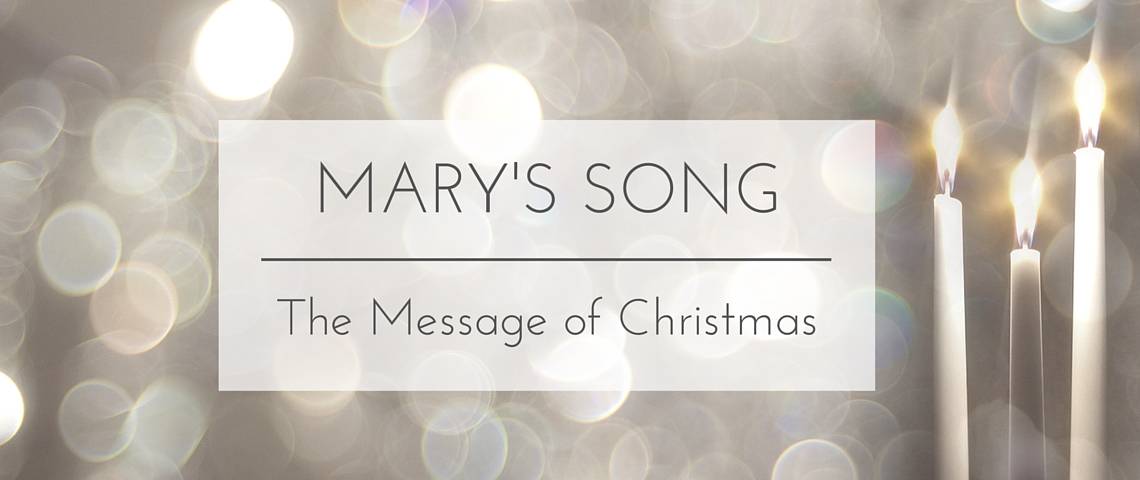Impromptu nativity reenactments are one of my favorite Christmas traditions.
In our home, someone reads from the Gospel account and we bring out a big pile of potential costumes for everyone to chose a part and act it out on the spot. It’s a beautiful mess.
Anika, my 5-year-old, wants to be Mary this year. Her personality doesn’t necessarily fit the stereotypical Mary persona, so putting her in pastels and having her sit quietly as a “humble servant of the Lord” feels like a stretch. Anika is bold, mischievous, clever, wild, and adventuresome. Not your typical mild and meek mother of Jesus depicted in nativity figurines and Christmas art. Yet I wonder if she resembles some of the characteristics of the real Mary more than tradition would have us believe.
Mary must have known that the Messiah Jesus was predicted to change everything. Maybe she daydreamed about it or acted out the heroic battles of dark and light in her imaginative play. And when the Angel Gabriel appeared to her that day, instead of falling to her knees in quiet submission, Mary speaks back to the Angel, accepts the challenge, and later recites a powerful manifesto, declaring that this child she carries in her womb will interrupt human progress like no other.
The Word became flesh and severely disrupted an existing paradigm. It was Mary who fearlessly took up the call to be his mother.
We’ve come to know Mary’s song as the Magnificat. I often think of it as a spoken word performance. In its Latin translation, Magnificat is the first word of a longer phrase, Magnificat anima mea Dominum, translated, “My soul magnifies the Lord”:
And Mary said:
‘My soul magnifies the Lord,
And my spirit rejoices in God my Savior,
For he has been mindful of the humble state of his servant.
From now on all generations will call me blessed,
For the Mighty One has done great things for me.
Holy is his name.
His mercy extends to those who fear him,
From generation to generation.
He has performed mighty deeds with his arm;
He has scattered those who are proud in their inmost thoughts.
He has brought down rulers from their thrones
But has lifted up the humble.
He has filled the hungry with good things
But has sent the rich away empty.
He has helped his servant Israel,
Remembering to be merciful to Abraham
And his descendants forever, even as he said to our fathers.’ (Luke 1:46-55)
Mary laments her own pain and that of the weary world around her. Her faith is fierce and tenacious as she attests to the sovereignty of God. She is a saint of history, not only because of her role in the story of God but because of her proclamation of the reign of God over all of life.
Between 1976 and 1983, the military junta of Argentina outlawed any public display of Mary’s song after the Mothers of the Plaza de Mayo, whose children disappeared during the Dirty War, posted the words in the Magnificat throughout the capital plaza. These women were initial responders as lives were taken and families were broken apart by Argentina’s military regime. Their activism not only helped rescue lives but created local and global awareness around issues of human rights violations in Latin American and elsewhere – a reminder that the words of Mary were radical.
The provocative message in the spoken word of Mary continues to disrupt our world today. If we believe Mary’s words to be true then there is great hope for the ongoing redemption of God, especially in the darkest corners of our world. A new world was being birthed then and continues to be birthed to this day, by the God who gives life.
So I’m letting Anika pick out her own Mary costume this year. I wouldn’t be surprised if she chooses bright colored clothes and a wild hairdo. It’s compelling to picture Mary this way, beckoning all of us to speak out, like warriors, that God is scattering the proud, bringing down rulers from their thrones, lifting up the humble, and feeding the hungry with good things. As this world unfurls around us, we have hope in God’s ultimate justice through the life, death, and resurrection of Jesus.
This is the heroic message of God through Mary. This is the message of Christmas.





6 responses to “Mary’s Song – The Message of Christmas”
Thank you, Bev, for this kind and affirming comment!
I actually was thinking this the other day! Had my newly minted teenage niece staying with me–about Mary’s age. Struggling to make life her own, brave, ambitious, afraid. I wondered that about God choosing a young woman, a teenager, as the earthly shepherdess for his son. I love to think some of that rash boldness was necessary, helpful, good. Thank you!
Great to hear, Jessie! Imagining Mary with that awkward yet wild and hopeful nature of a teenager is quite fascinating!
Lovely.
This is an outstanding post… I agree wholeheartedly that Mary is a strong, brave, courageous woman who changed the world with her yes. Thanks for this Christiana.